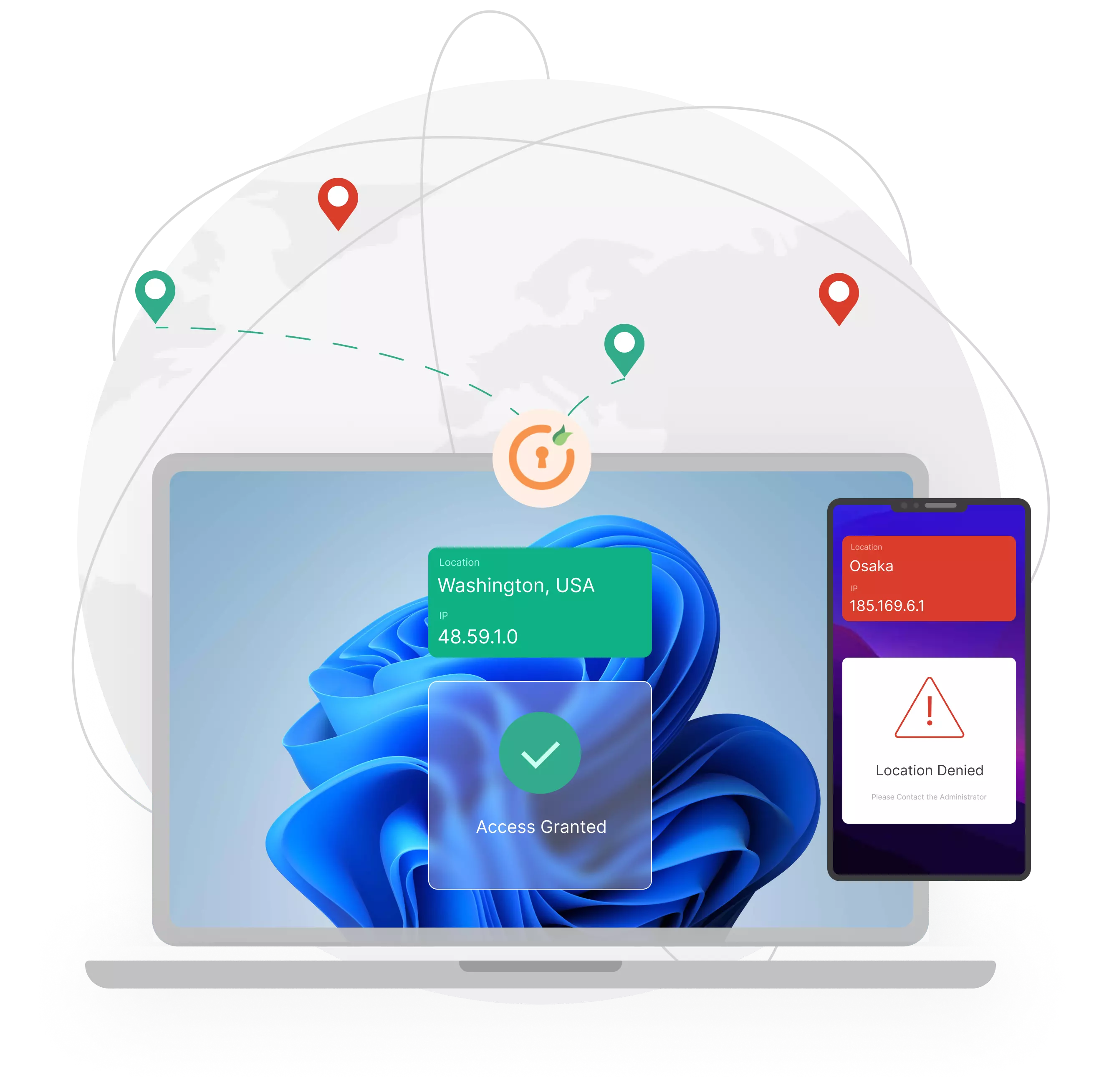Geo-blocking is a technique that restricts or allows internet traffic based on the user's geographic location, primarily determined by IP address geolocation and sometimes GPS data for mobile devices. It is commonly used to control access to content, enforce licensing restrictions, comply with regulations, and enhance security by blocking traffic from certain regions.
Key methods and strategies for employing geo-blocking to restrict traffic by region include:
-
Country-Based IP Filtering: Blocking or allowing IP addresses from specific countries at the firewall, web application, or CDN level. This is effective for preventing access from regions known for cyber threats or outside the business's service area.
-
Blacklisting and Whitelisting: Blacklisting blocks traffic from high-risk or unwanted regions, while whitelisting allows traffic only from approved countries. Combining both approaches can optimize access control for global services.
-
Geo-Fencing: Restricting user access based on physical location, useful for apps with regional licensing or compliance requirements.
-
Dynamic Risk Scoring: Advanced geo-blocking tools assess IP reputation, user behavior, and location to dynamically restrict or allow access, adding a layer of security against suspicious traffic.
-
Integration with Threat Intelligence: Real-time updates to blocklists based on emerging threats improve protection against regional cyber attacks.
-
Network- and System-Level Blocking: Network-level blocking drops IP packets from disallowed regions, while system-level blocking rejects or ignores access attempts within applications.
-
Additional Techniques: DNS blocking redirects users based on location, and some systems implement VPN blocking to prevent circumvention of geo-restrictions.
Geo-blocking systems often rely on databases mapping IP addresses to regions, updated regularly (e.g., weekly in Palo Alto Networks firewalls), and may also analyze network traffic characteristics such as routing, latency, and packet hops to verify location accuracy.
While geo-blocking is effective, it has limitations such as potential inaccuracies in geolocation, especially with mobile or VPN users, and can be circumvented by sophisticated methods.
In summary, employing geo-blocking involves configuring network or application-level controls to filter traffic based on geographic IP data, supplemented by dynamic risk assessment and threat intelligence integration to restrict or allow access by region effectively.






)













Ang PH Ranking ay nag-aalok ng pinakamataas na kalidad ng mga serbisyo sa website traffic sa Pilipinas. Nagbibigay kami ng iba’t ibang uri ng serbisyo sa trapiko para sa aming mga kliyente, kabilang ang website traffic, desktop traffic, mobile traffic, Google traffic, search traffic, eCommerce traffic, YouTube traffic, at TikTok traffic. Ang aming website ay may 100% kasiyahan ng customer, kaya maaari kang bumili ng malaking dami ng SEO traffic online nang may kumpiyansa. Sa halagang 720 PHP bawat buwan, maaari mong agad pataasin ang trapiko sa website, pagandahin ang SEO performance, at pataasin ang iyong mga benta!
Nahihirapan bang pumili ng traffic package? Makipag-ugnayan sa amin, at tutulungan ka ng aming staff.
Libreng Konsultasyon